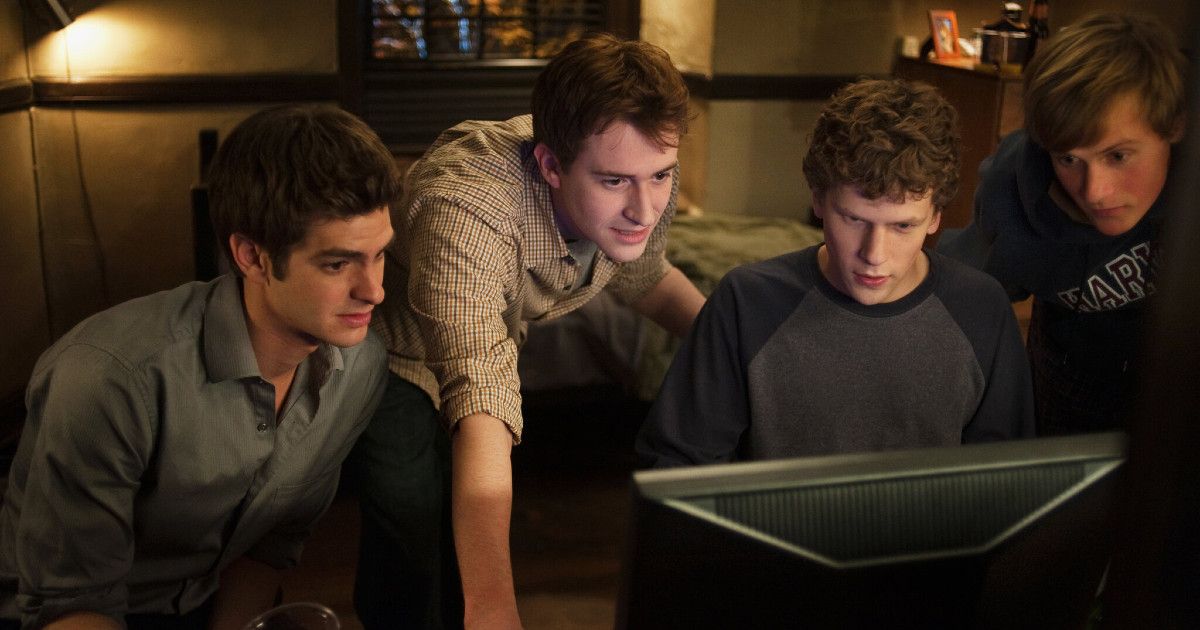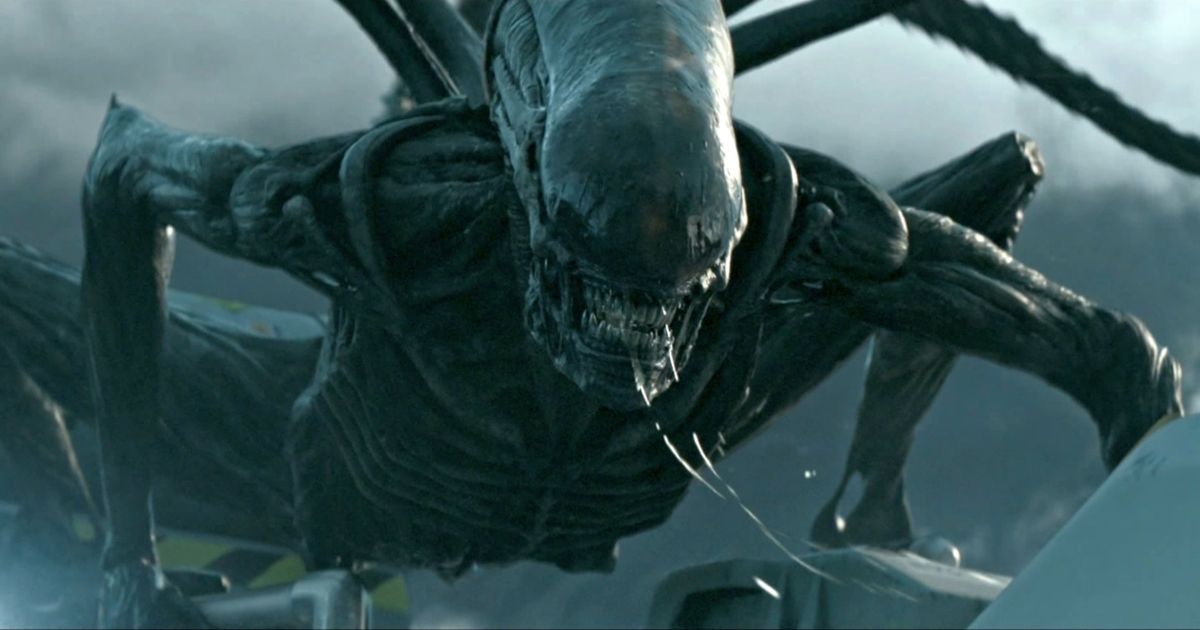The Alien franchise is one of the most beloved recurring sagas in science fiction film history, even if the series has always had a somewhat peculiar relationship with its directors. Alien and Aliens are two of the greatest movies of all-time, but the cinematic styles of Ridley Scott and James Cameron couldn’t be more different. Directors like Jean-Pierre Jeunet and Paul W.S. Anderson pushed the series into even weirder territory with Alien: Resurrection and Alien vs. Predator, respectively. However, the real curiosity within the franchise has always been the divisive Alien 3, which came from the legendary filmmaker David Fincher.
Fincher is now regarded as one of the greatest filmmakers of the past several decades, and has helmed many modern classics that rank among the best of all-time. Films like Fight Club and Se7en have inspired countless imitators, and there’s a growing affection for his more recent projects Zodiac and Gone Girl. Unfortunately, Alien 3 was seen as a disappointment, and Fincher himself has lamented the film’s failures. While sometimes a great director’s cut can redeem a flawed project, Fincher has ruled out the possibility of creating one (via Den of Geek). While his lack of interest is understandable, Fincher was also given very little control over what Alien 3 turned into. Fincher’s Alien 3 director’s cut is the film that fans have wanted to see the most.
Fincher’s Poor Experience on Set
Fincher was so upset by his experience on Alien 3 that he has disowned the film entirely. His viewpoint is completely understandable, as it was his feature film debut and he was constantly overruled and disrespected during an extensive writing process. Prior to Fincher’s personal involvement, drafts of the Alien 3 script had already been developed and revised by screenwriters such as William Gibson, Eric Red, David Twohy, Vincent Ward, and Walter Hill, with Sigourney Weaver herself chiming in to voice her opinion on where Ellen Ripley’s storyline was handled. As the least experienced person on the creative team, Fincher was shut out of a majority of the creative process and treated as a “hired hand.”
While Fincher is now one of the most notoriously meticulous filmmakers of his generation, Alien 3 came long before he had earned that reputation. Alien 3 was his feature film directorial debut, as he had previously earned recognition for his work in commercials and music videos. While directing a new entry in a prestigious franchise may have excited him initially, there were also preconceived expectations that he had to fit within in order to meet the demands of 20th Century Fox. This might explain why Fincher has been so hesitant to revisit the film in any way, as it’s a reminder of what can happen if a director does not have creative control.
As has become abundantly clear in the last few years, independent filmmakers are often taken advantage of by larger studios that pluck them out of obscurity and assign them to take over massive franchises. Chloé Zhao’s two smaller films The Rider and Nomadland are complete masterpieces, but she clearly didn’t have a solid grasp on what was required of a director at Marvel Studios. As a result, Eternals was a complete disaster and became one of the worst-reviewed films in the entire Marvel Cinematic Universe. All things considered, Alien 3 is actually pretty interesting in comparison to some of these other recent films.
The Success of Fincher’s Later Work
It goes without saying that Fincher’s filmography is stacked with classics; The Social Network is considered to be one of the best, if not the single greatest films of the 21st Century. Rarely does a film represent a cultural moment so well, and The Social Network has continued to become more relevant as the years have passed. Similarly, Zodiac’s snubs at the Academy Award have been cited as being particularly egregious, as Fincher’s taut, meticulous approach to the true crime genre was unlike anything else in recent memory. Fight Club is certainly a film that has transitioned from being a cult favorite to being recognized as an important piece of satire with a modern perspective on toxic masculinity and media literacy; as toxic hate groups continue to pop up in recent years, Fight Club feels more and more relevant with each passing day.
While Fincher has never released an official director’s cut, an “assembly cut” version of the film with 30 minutes of deleted footage was released without his involvement in 2003. Despite not being edited by Fincher and still leaving some footage on the cutting room floor, the longer cut received much more favorable responses. A true director’s cut can truly turn the tide on a film’s reputation. In fact, Alien director Ridley Scott experienced this first hand with Kingdom of Heaven. While the version released in theaters was considered to be a mess that didn’t spend enough time on its subplots, Scott’s director’s cut has been hailed as a masterpiece, and one of the greatest films of the 21st Century.
The Direction the Alien Franchise Went
Considering the disappointing nature of later films like Alien: Covenant and Aliens vs. Predator, Alien 3’s faults seem much tamer in comparison. While the film is a step-down from its two predecessors, Alien 3 is still a competently made film that takes the franchise in a new direction. If Alien is a confined horror story and Aliens is an action epic, then Alien 3 is a bare-bones prison film. It’s frightening and melancholy, and the assembly cut even includes some fascinating commentary on religious institutions that relate to themes that have popped up in Fincher’s work ever since.
This sense of originality has been largely absent from the franchise ever since. Alien 3 may have been a disappointment, but Alien: Resurrection was a complete disaster that completely misunderstood Ripley as a character. The Alien vs. Predator films are simply brainless slasher flicks that don’t respect the lineage of the series in any way, and Covenant just felt like a retread of the previous films’ accomplishments.
This story originally appeared on Movieweb



